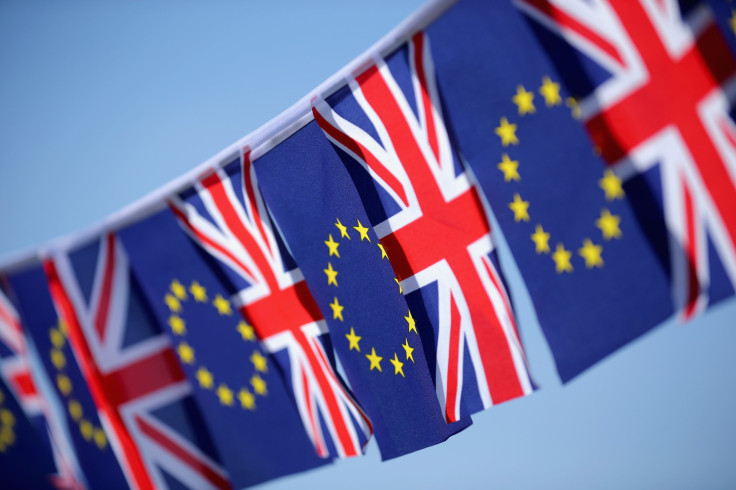Brexit Could Cause ‘Serious Shock’ To UK Economy, To Cost 950,000 Jobs, Report Says

An exit from the European Union would cause a serious shock to the U.K. economy, the Confederation of British Industry (CBI), Britain’s premier business lobbying organisation, said Monday, citing a study for which it commissioned PricewaterhouseCoopers to examine two different Brexit scenarios.
According to the CBI, Brexit might cost the U.K. 100 billion pounds ($145 billion) in lost economic output and 950,000 jobs by 2020, leaving “negative echoes that could last many years after that.”
“Leaving the European Union would be a real blow for living standards, jobs and growth,” the CBI said in a statement. “The savings from reduced EU budget contributions and regulation are greatly outweighed by the negative impact on trade and investment.”
According to the study, Britain’s GDP growth between 2017 and 2020 could be seriously reduced — possibly be as low as zero in 2017 or 2018. The study projected that GDP could be 5 percent lower by 2020 if the country chose to leave the EU in the June 23 referendum. In a scenario where the U.K. manages to secure a Free Trade Agreement with the EU, GDP could be 3 percent lower by 2020, the study indicated.
However, the country would have to face higher tariff and non-tariff barriers if it fails to secure such an agreement, and have to trade under World Trade Organisation rules after leaving.
“The economy would slowly recover over time, but never quite tracks back to where it would have been. Leaving the EU would mean a smaller economy in 2030,” Carolyn Fairbairn, the CBI Director-General, said in the statement.
Monday’s forecast by the CBI is the latest in a string of industry reports expressing concerns over slipping investor confidence in Britain’s exit from the EU. Earlier in February, Goldman Sachs and Citibank reportedly said the pound could lose up to 20 percent in the event of a vote for Brexit.
Meanwhile, pro-Brexit campaigners have argued that the U.K. would weather a slide in trade from Europe — a shrinking market for U.K. exports — as the government would be able to draw up new trade deals with fast-growing economies around the world.
© Copyright IBTimes 2025. All rights reserved.





















